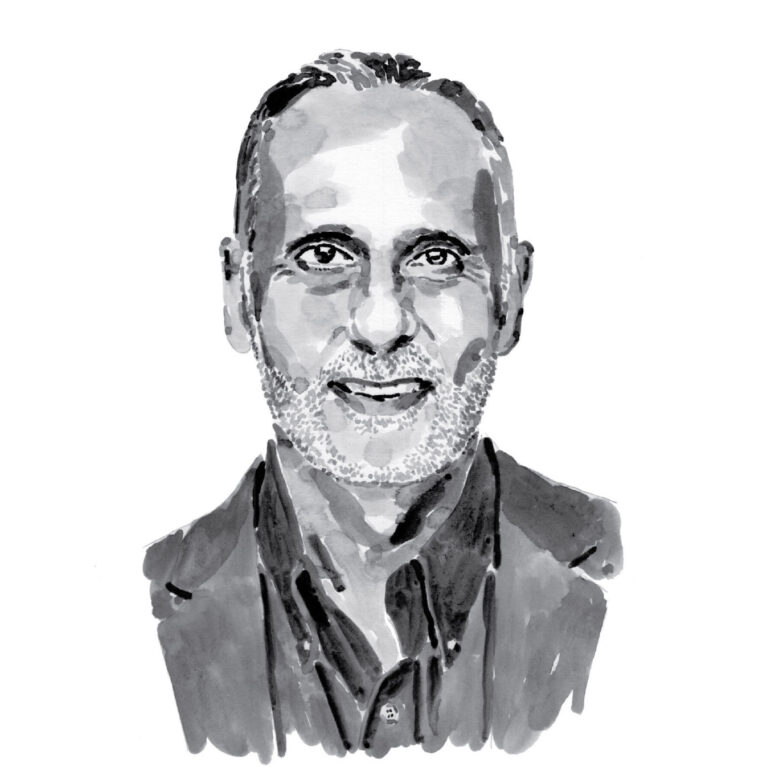Team

Dr. Mahmood Shivji
Mahmood is professor of marine science at Nova Southeastern University’s (NSU) Oceanographic Center in Florida and a director of the SOSF Shark Research Center. He received his undergraduate degree in biological sciences at Simon Fraser University in Canada, his masters from the University of California, Santa Barbara, and his PhD from the University of Washington. He has been a faculty member at NSU since 1993 and a director of the SOSF Shark Research Center since 2010.
Mahmood credits his life-long fascination with biology to growing up in Kenya, where he was routinely exposed to African wildlife and undersea environments as a child and teenager. His interests in marine science in particular were boosted when as an undergraduate student he assisted one of his professors with kelp-bed ecology research in a pristine part of British Columbia. That experience proved transformative, leading to a career in marine and conservation science and education.
In addition to leading the research and education programmes of the shark research centre, Mahmood directs the Guy Harvey Research Institute, emphasising collaborative projects between the two entities to achieve larger and more impactful research and conservation outcomes. He specialises in integrating laboratory genetics-based and field-work approaches to study and solve problems pertaining to the management and conservation of sharks and rays, billfishes and coral reef ecosystems.
Mahmood’s work consistently receives worldwide attention. His research developing rapid DNA forensic methods to identify shark body parts is being used by US and other national fisheries management agencies to reduce the illegal fishing of threatened species. This work is also on exhibit at the Smithsonian Museum’s Sant Ocean Hall in Washington DC, and his team’s research discoveries have been widely reported in the national and international media.
